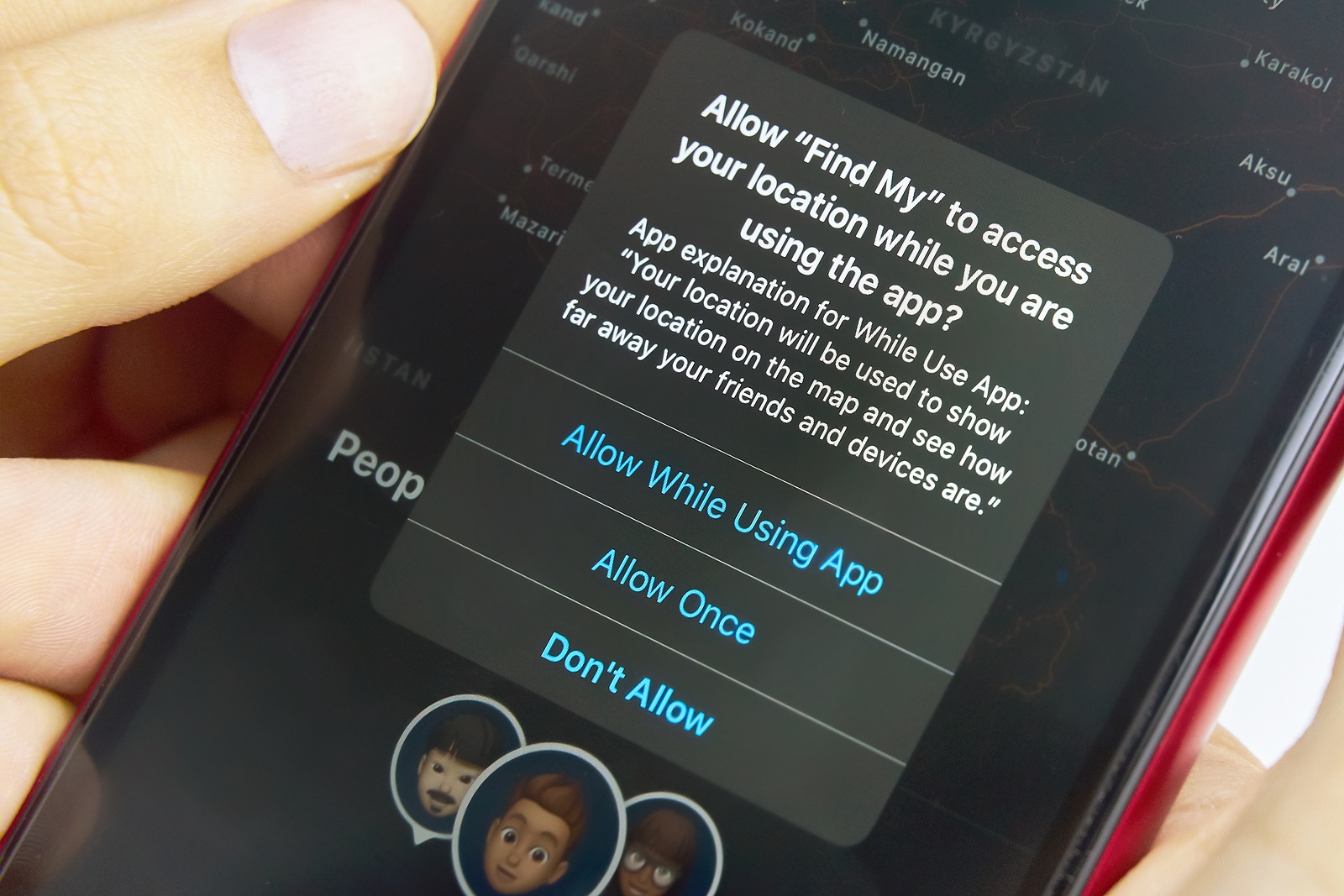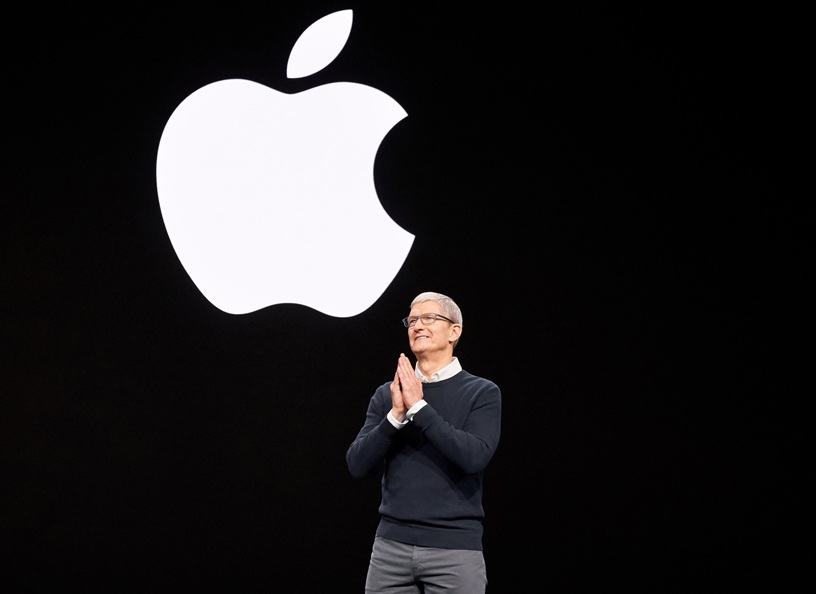Apple announced at WWDC 2020 that third-party providers will also have access to the Find My application. Providers like Tile should be happy about this news, right? However, a secret Apple document reveals major restrictions.
The Washington Post has obtained an internal Apple document that reveals strict restrictions on the use of the Find My app. Developers have fewer options than they initially thought. The article states:
During Apple's annual developer conference last month, the company announced that smaller developers would finally get access to the Find My application, a move that, on the surface, might appease developers who have claimed Apple has too much power.
It turns out the announcement wasn't what it seemed, according to a secret Apple document obtained by The Washington Post.
A very “unusual” restriction
Apple's announcement appears to be completely misleading as the restrictions are "unusual," according to the report.
But the details of the announcement -- kept secret by a confidentiality agreement that all developers had to sign -- tell a different story. A 50-page PDF obtained by The Washington Post shows that Apple has imposed strict restrictions on how consumers can use the app. Apple customers who use Find My to locate a device will be prevented from using other competing services at the same time, according to the document.
According to the report, participating developers have described the rule as "unusual." A comparison example is given. For example, if a user connects headphones to a device, they can stream both Apple Music and Spotify. Apple says the new resource is useful for smaller companies that do not have the means to develop such an app.
Is Apple acting anti-competitively?
If you were a smaller player interested in getting into Find My and you haven't built a network, you can now do that.
Apple's decision to grant third-party access to the Find My app is the response to numerous accusations that the company is pursuing an anti-competitive policy. The Cupertino-based company has, however, always denied such behavior. In addition, participating developers had to sign a document entitled "Limited License to Find My Network Accessory Spec", which prevents them from discussing the details. For this reason, the 50-page PDF was sent in anonymously. If you would like to see the full report, you can find it here. here. (Photo by Konstantin Savusia / Bigstockphoto)





